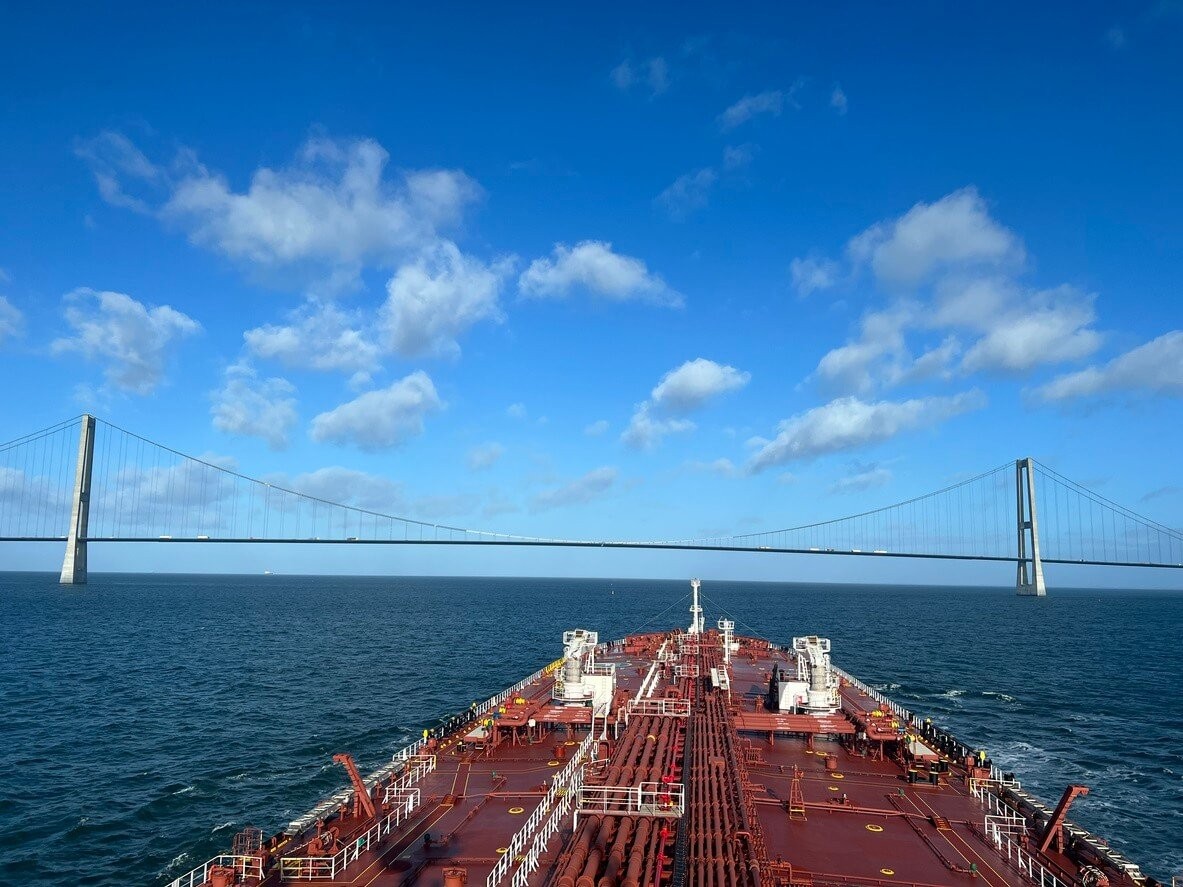
On October 14, port dues targeting China’s maritime sector will come into effect. The Office of the United States Trade Representative (“USTR”) announced these fees in a detailed notice dated April 17, 2025, but the plan included a 180-day grace period. The grace period allowed ship owners and operators to adjust their operations and/or relocate their vessels to minimize the impact of these fees.
On Friday morning, China’s Ministry of Transport (MOT) announced that China would impose its own fees targeting vessels with U.S. connections. China’s port fees are a direct “tipping point” response to the USTR fees, which China said “seriously violate the fundamental principles of international trade and the China-U.S. Maritime Agreement, causing serious disruptions to maritime trade between the two countries.” These Chinese port charges, which will also take effect on October 14 and are equivalent to the USTR charges levied on Chinese-owned/operated vessels, have caused chaos in the tanker market. It appears this is not the first time the shipping industry has found itself embroiled in a geopolitical tug-of-war between the United States and China. According to an announcement by China’s Ministry of Transport (MOT), the “Special Charge forport services” will be levied on the following categories of vessels: (1) vessels owned by U.S. enterprises, entities, or individuals; (2) vessels operated by U.S. enterprises, entities, or individuals; (3) vessels owned or operated by enterprises or entities in which U.S. enterprises, entities, or individuals directly or indirectly own 25% or more of the equity, voting power, or board of directors; (4) vessels flying the U.S. flag; and (5) vessels built in the United States. The fee levels, phase-in, and additional provisions (payment only at the first port of call and no more than five times per year) closely align with the USTR provisions (see Tables 1 and 3).
What are the implications of these Chinese fees? The number of U.S.-flagged and/or U.S.-built vessels is small and they rarely call at China, so the impact on these categories of vessels will be minimal. However, the fees also apply to vessels owned or operated by US companies, entities or individuals. More importantly, they apply to vessels owned by companies in which US individuals directly or indirectly own 25% or more of the company’s shares, including voting rights and board seats. This has a wide range of implications and could affect many publicly traded shipping companies listed on US stock exchanges. The potential impact is significant.
It is unclear what will happen next. According to one of our brokers, the tanker market was “frozen” after China’s announcement. Many of the vessels that could be affected by this rule are already en route to China. Will they be exempt from these fees because their operating schedule was up and running before the announcement? Will the owners try to force the (Chinese) charterers to pay? What are the charterer parties saying about this? Will private non-US shipowners now take the lead? The VLCC market has already jumped following new OFAC sanctions targeting several Chinese ports and terminals for their role in facilitating the import of Iranian crude oil into China. Are there any further increases in freight rates? At first glance, these new levies, if implemented and properly enforced, are likely to hurt China more than the US, at least in the short term. Increased market uncertainty will cause owners who risk being hit by these levies to avoid Chinese cargoes. This will limit the pool of available vessels for Chinese charterers and will likely mean higher freight costs for Chinese imports. We will have to wait and see if and how these measures are implemented. According to their statement, “China’s Ministry of Transport will formulate and publish detailed implementation measures in due course.” It will be an interesting few days until October 14.




